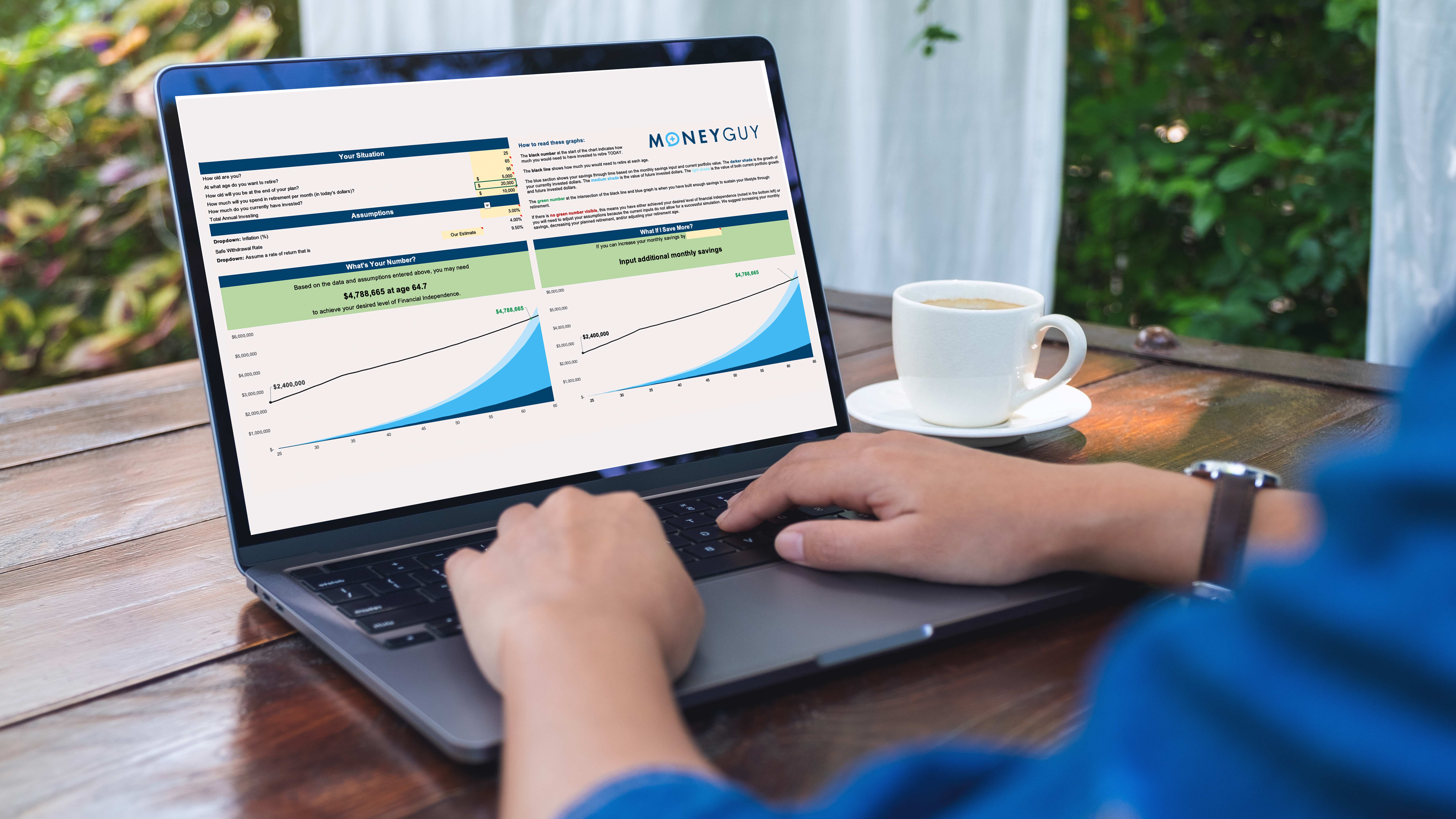
Change your life by
managing your money better.
Subscribe to our free weekly newsletter by entering your email address below.

Subscribe to our free weekly newsletter by entering your email address below.
Money-Guy 09-20-2010
It is absolutely amazing the things we can learn from history. Even more amazing is how, very often, history appears to repeat itself. No, not in the deja-vu type fashion; but more of a, “Hmm, I think I’ve been here before”. Today’s show comes from the minds of two great thinkers and theorists, Milton Friedman and Adam Smith.
I recently returned from a trip to Disney World where, in my free time (which there wasn’t a ton of), I was fortunate enough to begin reading a book I have been wanting to read for quite some time. That book is Milton Friedman’s Free to Choose. Even though I am only currently through the 4th chapter, I can definitively say that this book is amazing! It is an in depth look at Mr. Friedman (and his wife’s) view on capitalism and the free market system.
What I find especially amazing about this book is that the things that were going on when Mr. Friedman was writing this have a striking resemblance to the nature of our economy at present. While the players and the circumstances have changed, it appears as though the issues are still the same.
As you listen to the show, I will explain my thoughts on American Exceptionalism. American Exceptionalism is defined as:
“The worldview that the United States occupies a special role among the nations of the world in terms of its national ethos, political and religious institutions, and its being built by immigrants.”
The way this country was formed and the unique set of circumstances that existed at the time were truly miraculous. In the show I try to bridge the gap between the visions of our founding fathers and the fundamentals of Adam Smith’s Wealth of Nations and the amazing success this country has seen over the last 234 years.
I go on in the show to attempt to explain where we as a country have missed that picture that the founding fathers were attempting to paint and how our view of the role of government has become skewed. I even cite specific examples such as the agricultural revolution that followed the abolishment of slavery as well other economic systems such as that of Soviet Russia. What I feel is truly profound is how, over the years, too much government has pulled us away from the very roots that made this country great. I am NOT anti-government, however.
As I close out the show, I attempt to explain the three duties of government as described by Adam Smith in his Wealth of Nations:
I challenge each and every one of you to go out and purchase Milton Friedman’s Free to Choose. If you have already read this book, please feel free to leave your thoughts or comments below. It is this sort of thinking that I truly feel will keep America exceptional!


Financial Order of Operations®: Maximize Your Army of Dollar Bills!
Here are the 9 steps you’ve been waiting for Building wealth is simple when you know what to do and…
View Resource
Exclusive Sneak Peek of Millionaire Mission by Brian Preston
Read MoreThe Wait is Over…
Read MoreCan This Annuity DESTROY Your Retirement?
Read More

How about more sense and more money?
Check for blindspots and shift into the financial fast-lane. Join a community of like minded Financial Mutants as we accelerate our wealth building process and have fun while doing it.




It's like finding some change in the couch cushions.
Watch or listen every week to learn and apply financial strategies to grow your wealth and live your best life.
Subscribe to our free weekly newsletter by entering your email address below.